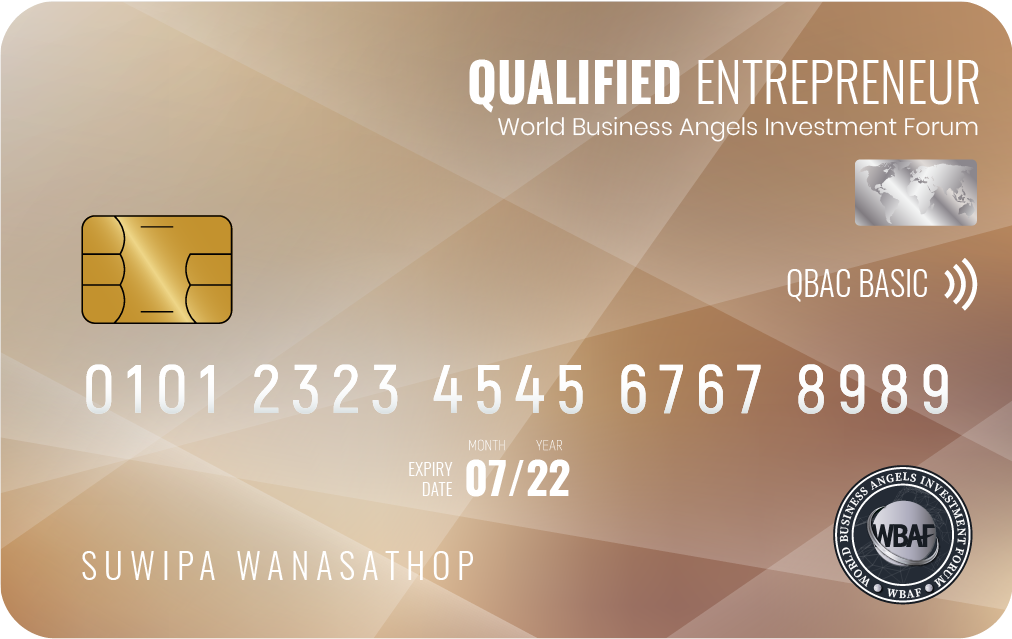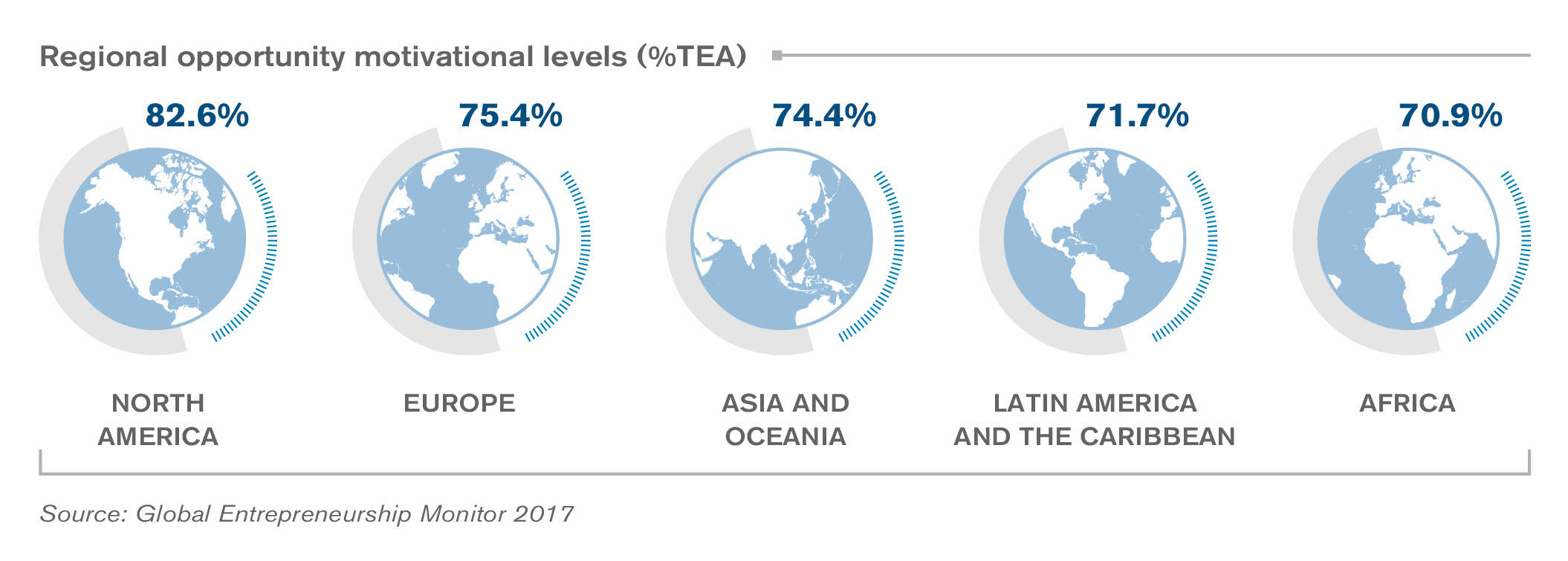

4 October, 2021
17 Hours Online + 13 Hours Homework
€ 950
Most businesses are not investment ready. Their owners are unwilling to seek external equity finance and those who are willing do not understand what equity investors are looking for or how to “sell” themselves and their businesses to potential investors. These weaknesses, in turn, compromise the effectiveness of supply- side interventions, such as initiatives to stimulate angel investors or which create public sector venture capital funds.
Unfortunately most entrepreneurs lack of information about the characteristics and availability of alternative sources of finance. The consequence is that many potentially investable projects do not come forward as potential recipients for venture capital. It is argued that with a better understanding of the role of different sources of finance in business development more entrepreneurs would consider seeking equity finance.
On the other hand, the first concern of angel investors when appraising an investment opportunity is the “goodness of fit” between the opportunity and their own personal investment criteria. Key considerations include whether the investor is interested or knows anything about the industry or market, the amount of finance required and its location. Investors reject investment opportunities which do not meet their investment parameters. Lack of information – or failure to seek out the information that does exist – explains why entrepreneurs make approaches to inappropriate investors. Admittedly, given the anonymity of most angel investors it is much harder to identify their interests in advance of approaching them.
So, investment readiness course is almost a must-course to become qualified entrepreneurs. This module aims to prepare each participant as an investment-ready entrepreneurs and startups for qualified angel investors, private equity funds and investors of the Global Fundraising Stage by delivering three dimensions of investment readiness: (a) equity aversion; (b) investability and (c) presentational failings.
This course is for entrepreneurs and startup founders who want to raise fund from angel investors, private equity funds, wealth management institutions, family offices, VCs and private investors.

In this module, you will be guided through the world of startups and entrepreneurship. You will be introduced to the notions of startup, scaleup, angel investment, venture capital, crowdfunding, and accelerator. An overview of the funding process will be provided, followed by a discussion of the pros and cons of the various sources of funding.
Live Lesson: 75 min
Guest Speaker: 15 min
Q&A: 30 min
In this module, you will learn how to use Alexander Osterwalder’s Business Model Canvas, a tool to help you approach business models in a straightforward, structured way. Using this canvas will provide insights about the customers you serve, what value propositions are offered through which channels, and how your company makes money.
Presentation by the lecturer: 90 min
Q&A: 30 min
In this module, you will learn how to understand the market better. Getting to know your customers and competitors is an crucial step for all startups. Also from the investors’ point of view, the size of the market is a critical factor. Analysing the market and your competitors are critical factors that you need to consider in positioning your company and will be one of the main pillars for setting up your startup’s go-to-market strategy and branding and marketing activities.
Presentation by the lecturer: 60 min
Guest Speaker: 30 min
Q&A: 30 min
In this module, you will learn the importance of paying attention to your customer’s problem and understanding whether your solution solves the problem. Osterwalder’s Value Proposition Canvas will be presented, followed by hands-on training. This module will help you define your customer’s profile, define their pains and problems and the gains they expect. Also define what are the pain killers and gain killers your company can deliver them. Also how to fit best solutions with the most important pains and problems.
Presentation by the lecturer: 75 mins
Guest speaker: 15 min
Q&A: 30 min
In this module, we will cover topics related to product–market fit. You have to be able to recognize whether or not the product you offer solves a real problem and whether there is a large enough market for it. Without clarity on this, you could feasibly continue investing in building a product or service that is not commercially viable. In this module we will present the concept of a lean startup mindset and the importance of building an MVP to get fast feedback from potential customers.
Presentation by the lecturer: 75 min
Guest speaker: 15 min
Q&A: 30 min
This module focuses on key performance indicators (KPIs). KPIs act like control panels in a pilot’s cockpit. They provide important information on important business objectives and keep objectives at the forefront of decision-making. It is essential that business objectives be communicated across an organization. Ensuring that people know and are responsible for their own KPIs helps keep the business’s overarching goals top of mind.
Presentation by the lecturer: 90 mins
Guest speaker: 15 min
Q&A: 30 min
In this module, we will discuss important aspects that will affect the quality of your pitch. We will discuss your slide deck, delicate and important professional ethics issues, and business etiquette. We will go recommendations to help make your pitch appeals to both an investor’s heart and their brain.
Presentation by the lecturer: 90 mins
Q&A: 30 min
Participants will pitch their venture to a group of experienced angel investors and accredited mentors, who will provide feedback on the business model and the pitch.
Entrepreneurs-in-Residence accepted for the WIPA Start-up Exchange Programmes are awarded a professional certificate featuring their proficiency level on global entrepreneurship and a personal WIPA Identity Card.